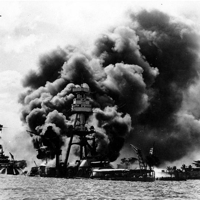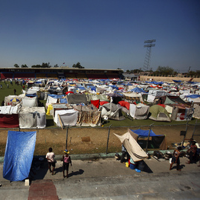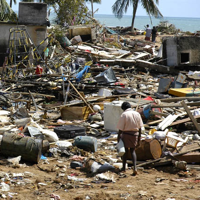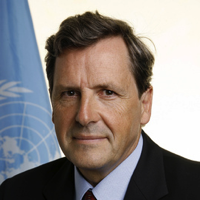
As the father of 2-year-old twin daughters, I often find myself thinking about how international politics and foreign policy will play out across their lives. Of course, parents aren’t the only “institutions” that wonder about the possibility of forecasting and shaping the future. Governments, international organizations and companies make huge investments of both lives and money based on expectations with time horizons of 10, 20 and even 50 years. Nimitz-class aircraft carriers have been in service for more than 30 years and may serve for another 40. The United States is currently wrestling, in a very public manner, with the […]




